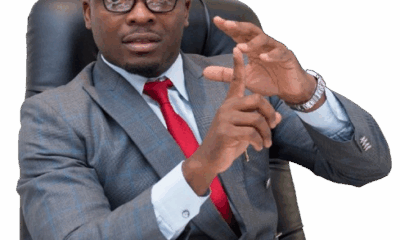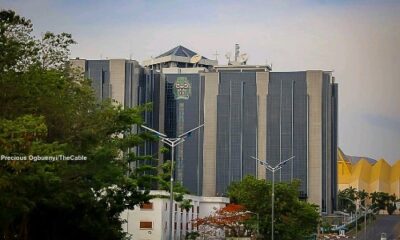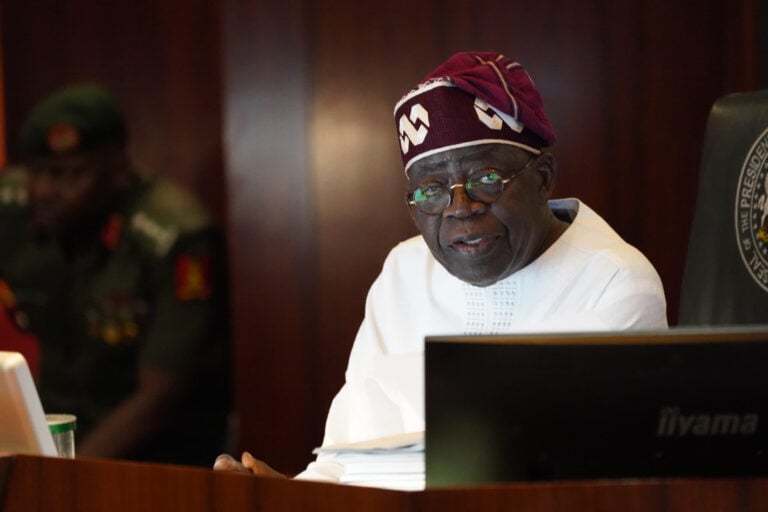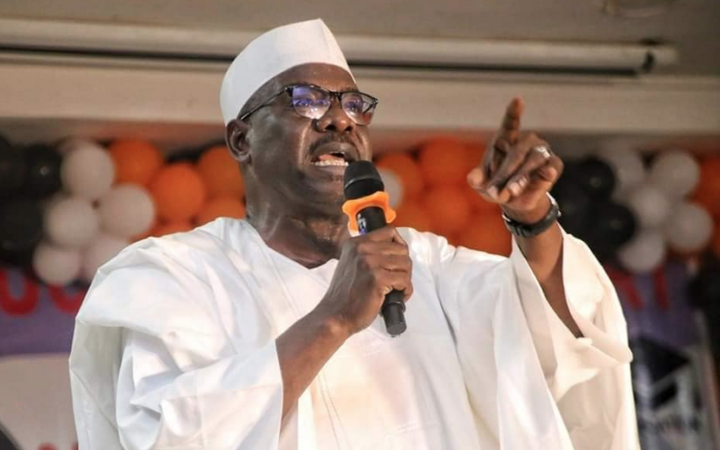BIG STORY
FG Owes CBN N15.51tn, Borrows N14.86tn Under Buhari
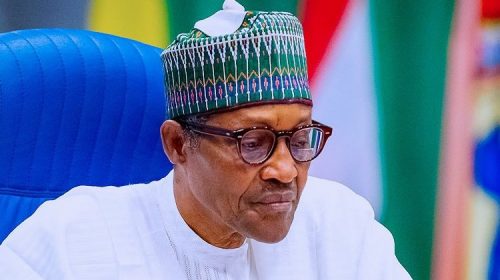
- /home/porsch10/public_html/wp-content/plugins/mvp-social-buttons/mvp-social-buttons.php on line 27
https://porscheclassy.com/wp-content/uploads/2021/08/Muhammadu-Buhari2-e1629279216600.jpg&description=FG Owes CBN N15.51tn, Borrows N14.86tn Under Buhari', 'pinterestShare', 'width=750,height=350'); return false;" title="Pin This Post">
- Share
- Tweet /home/porsch10/public_html/wp-content/plugins/mvp-social-buttons/mvp-social-buttons.php on line 69
https://porscheclassy.com/wp-content/uploads/2021/08/Muhammadu-Buhari2-e1629279216600.jpg&description=FG Owes CBN N15.51tn, Borrows N14.86tn Under Buhari', 'pinterestShare', 'width=750,height=350'); return false;" title="Pin This Post">
BIG STORY
JUST IN: Tinubu Approves Establishment Of Committee To Oversee Implementation Of Tax Reforms
BIG STORY
Ndume Backs Withdrawal Of Police From VIPs, Says ‘Some Ministers Attach Officers To Wives, Children’
BIG STORY
US Orders Review Of All Green Cards Issued To Migrants From 19 Countries, Exempts Nigeria [SEE FULL LIST]
-

 BIG STORY4 days ago
BIG STORY4 days agoBREAKING: Again, Gunmen Attack Kwara Community, Abduct Pregnant Woman, Nursing Mothers, Children
-

 BIG STORY23 hours ago
BIG STORY23 hours agoUS Orders Review Of All Green Cards Issued To Migrants From 19 Countries, Exempts Nigeria [SEE FULL LIST]
-

 BIG STORY3 days ago
BIG STORY3 days agoBREAKING: Tinubu Nominates 3 Non-Career Ambassadors
-

 BIG STORY4 days ago
BIG STORY4 days agoI Was So Angry I Felt Like Hitting Obasanjo With Microphone At My Birthday Party — Fayose
-

 BIG STORY3 days ago
BIG STORY3 days agoBREAKING: President Tinubu Declares Security Emergency, Orders 20,000 New Police Recruits
-
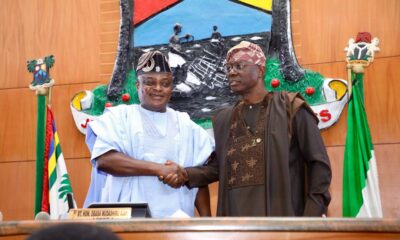
 BIG STORY3 days ago
BIG STORY3 days ago2026 Appropriation Bill: Obasa Says Budget Fundamental To Sustaining Lagos’ Position As Africa’s Leading Economic Hub
-

 BIG STORY5 days ago
BIG STORY5 days agoPaystack Sacks Co-Founder Ezra Olubi Amid Sexual Misconduct Allegations
-
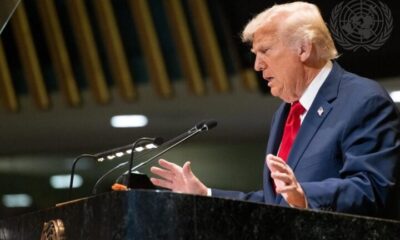
 BIG STORY1 day ago
BIG STORY1 day agoTrump To Permanently Pause Migration From All ‘Third World Countries’









